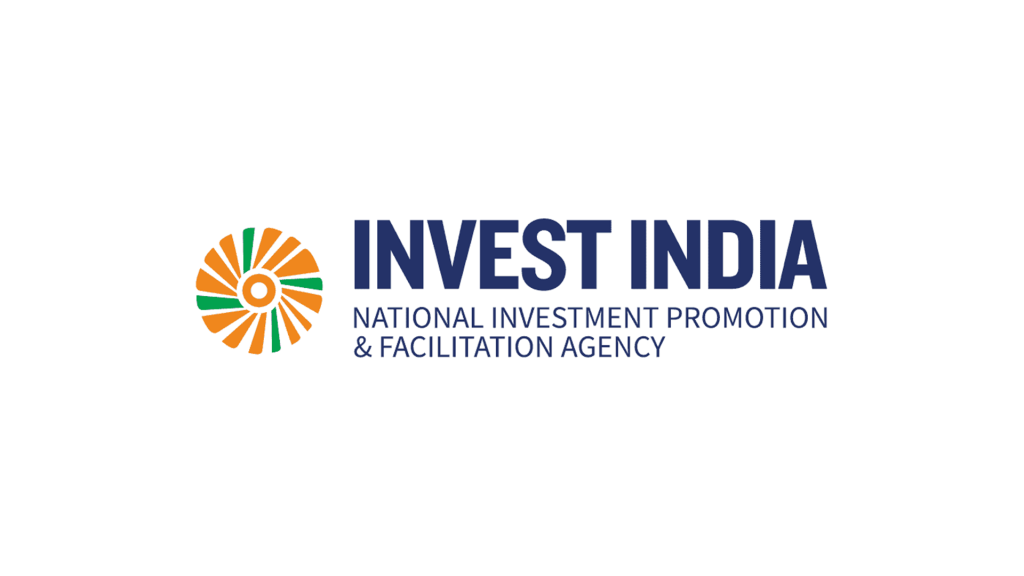The world has noticed. Global deep-technology (deep-tech) businesses and deep-tech investors are flocking to India and seeking to reap India’s competitive advantages in their favour. Bolstered by India’s political stability, market access, and fast-improving ease of doing business rankings, the benefits of India’s highly skilled workforce, the reversing of brain drain, and innovation prowess facilitated by scientific, technological and higher education reforms – a deep tech hotspot in India is manifesting.
Many surveys are beginning to indicate that business-friendly policies, strong talent and high productivity—especially in technology and advanced manufacturing— will continue to drive inbound foreign direct investment flows over the next three to five years.
Incoherent policies and regulations often stifle innovation, and while these are gradually being made coherent, they are showing catalytic effects. India’s newly charted technology policies and reforms of those existing are stimulating a future-focused approach to business collaboration, fostering an environment where the public and private sectors could champion innovation together.
Invest India, the national investment facilitation and promotion agency, has recently launched the Emerging Tech and R&D Investment Unit, focussed on driving emerging tech – artificial intelligence, quantum technologies, synthetic biology, cyber-physical Systems, and blockchain, among others – investments in India and ensuring India turns into an R&D hub in the years ahead. A wide range of emerging-tech-specific initiatives and incentives would make it easier than ever for foreign companies to make India’s advantages their own. To that end, the Indian government, led by the Office of Principal Scientific Advisor, has recently, on 31st July 2023, presented the Draft National Deep Tech Startup Policy for public and stakeholder consultations. The policy is a work in progress, and implementation mechanisms must be deliberated upon and clarified; however, it is a step in the right direction.
Invest India has been driving the innovation agenda in the country, helping agencies and its partners engage deep tech effectively, mitigate associated risks, help push the Atmanirbhar agenda at the forefront, and ensure the capturing of the value of an Indian innovation and technology base. Talent availability is always a function of the environment which the later, Invest India is helping build and acting as a catalyst for building synergy among the stakeholder groups. Funding challenges, convening the right stakeholders for creating infrastructure, developing frameworks for standardisation, advocating the suitable set of regulations in the domain of emerging and deep tech, and ensuring co-creating and co-investing opportunities amongst friendly countries remain the pivot of this new endeavour. Supporting tech diplomacy, interlacing existing mechanisms and strengthening adoption pipelines remains crucial, and the Emerging Tech and R&D Investment Unit intends to do that.
The next big surge in innovations will be powered by deep tech, a suite of technologies pushing the frontiers of science, solving some very complex problems of society and unlocking new markets. In the last ten years, India, which has seen a wave of start-ups emerge, will soon witness a second wave of startups on the deep-tech foundations. Whether it’s national defence and the modernisation agenda being driven there, the pressing problem of climate change and the technological solutions that will give us the hope of minimising the effects of it or the digital transformation we are seeing in almost every organisation in every sector, deep tech will fuel it.
Technology allows humanity to address its most complex problems and often unleash its greatest potential. Today, technologies from many domains are now converging, dramatically enhancing the transformation potential in almost every sector of human activity. The pervasiveness of technological convergence, the rise of cloud computing, and the lowered cost of computing are all driving the new and surging wave of deep tech we are witnessing.
Excellence and innovation will fuel the Indian economy in the next 25 years. Every day and globally, a diverse range of companies spur growth by producing high-quality products sought after by consumers worldwide. India is fast rising as the hub of such innovative companies. While each company follows a unique path, they will all have one thing in common: access to India’s world-class R&D and new wave of manufacturing. These competitive advantages will long fuel Indian innovation and will only grow stronger.
Today, the Indian start-up ecosystem has leapfrogged to become the third largest in the world. In turn, India is fast becoming the leading destination for the world’s innovators, entrepreneurs and business leaders to unlock new opportunities for enduring value creation. Invest India’s Emerging Tech and R&D Investment Unit will have a role to play.
(Anagh Singh is the Assistant Vice President at Invest India and leads its Deep-Tech Initiative. He has previously worked at the AGNIi Mission of PMSTIAC, leading Emerging Tech Strategy in National Security and Cyber Space.)





